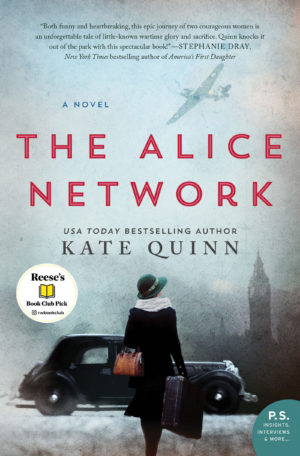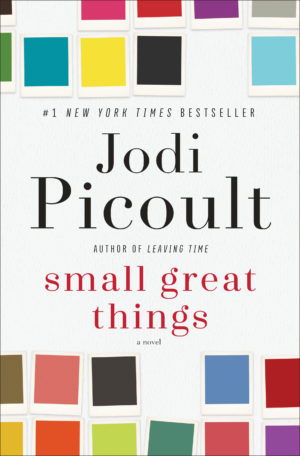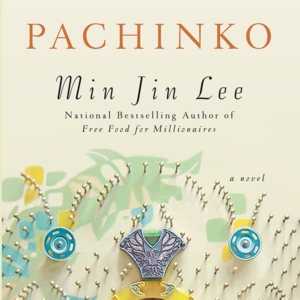Description
“If [J. D.] Vance’s memoir offered street-heroin-grade drama, [Tara] Westover’s is carfentanil, the stuff that tranquilizes elephants. The extremity of Westover’s upbringing emerges gradually through her telling, which only makes the telling more alluring and harrowing. . . . By the end, Westover has somehow managed not only to capture her unsurpassably exceptional upbringing, but to make her current situation seem not so exceptional at all, and resonant for many others.”—The New York Times Book Review
“Living proof that some people are flat-out, boots-always-laced-up indomitable . . . a heartbreaking, heartwarming, best-in-years memoir about striding beyond the limitations of birth and environment into a better life.”—USA Today
“Riveting . . . Westover brings readers deep into this world, a milieu usually hidden from outsiders. . . . Her story is remarkable, as each extreme anecdote described in tidy prose attests.”—The Economist
“A coming-of-age memoir reminiscent of The Glass Castle.”—O: The Oprah Magazine
“Incredibly thought-provoking . . . so much more than a memoir about a woman who graduated college without a formal education. It is about a woman who must learn how to learn.”—The Harvard Crimson
“Heart-wrenching . . . a beautiful testament to the power of education to open eyes and change lives.”—Amy Chua, The New York Times
“Propulsive . . . Despite the singularity of her childhood, the questions her book poses are universal: How much of ourselves should we give to those we love? And how much must we betray them to grow up?”—Vogue
About the Book
1 NEW YORK TIMES BESTSELLER • An unforgettable memoir about a young girl who, kept out of school, leaves her survivalist family and goes on to earn a PhD from Cambridge University
Book Club Pick for Now Read This, from PBS NewsHour and The New York Times
“A coming-of-age memoir reminiscent of The Glass Castle.”—O: The Oprah Magazine
“Tara Westover is living proof that some people are flat-out, boots-always-laced-up indomitable.”—USA Today
“The extremity of Westover’s upbringing emerges gradually through her telling, which only makes the telling more alluring and harrowing.”—The New York Times Book Review
Tara Westover was seventeen the first time she set foot in a classroom. Born to survivalists in the mountains of Idaho, she prepared for the end of the world by stockpiling home-canned peaches and sleeping with her “head-for-the-hills” bag. In the summer she stewed herbs for her mother, a midwife and healer, and in the winter she salvaged metal in her father’s junkyard.
Her father distrusted the medical establishment, so Tara never saw a doctor or nurse. Gashes and concussions, even burns from explosions, were all treated at home with herbalism. The family was so isolated from mainstream society that there was no one to ensure the children received an education, and no one to intervene when an older brother became violent.
When another brother got himself into college and came back with news of the world beyond the mountain, Tara decided to try a new kind of life. She taught herself enough mathematics, grammar, and science to take the ACT and was admitted to Brigham Young University. There, she studied psychology, politics, philosophy, and history, learning for the first time about pivotal world events like the Holocaust and the Civil Rights Movement. Her quest for knowledge transformed her, taking her over oceans and across continents, to Harvard and to Cambridge University. Only then would she wonder if she’d traveled too far, if there was still a way home.
Educated is an account of the struggle for self-invention. It is a tale of fierce family loyalty, and of the grief that comes from severing one’s closest ties. With the acute insight that distinguishes all great writers, Westover has crafted a universal coming-of-age story that gets to the heart of what an education is and what it offers: the perspective to see one’s life through new eyes, and the will to change it.




